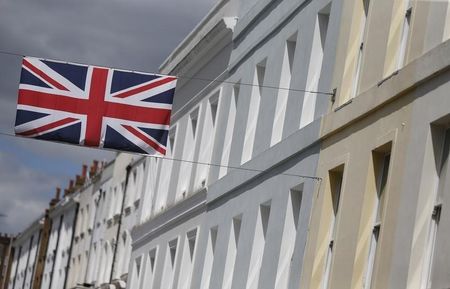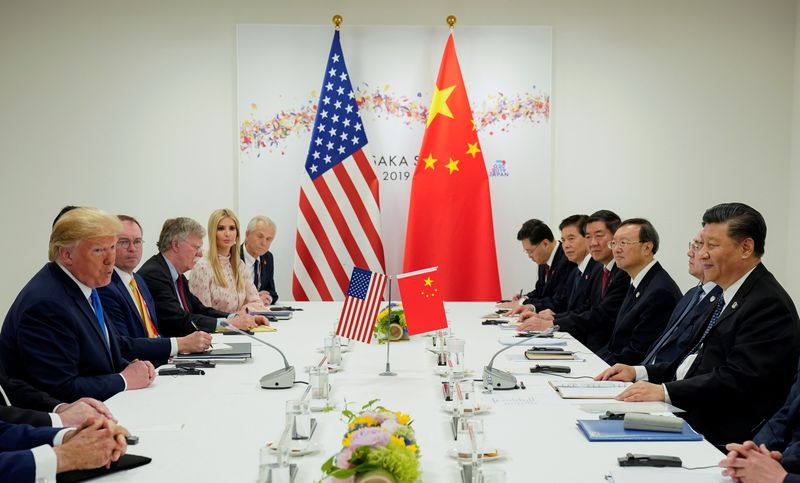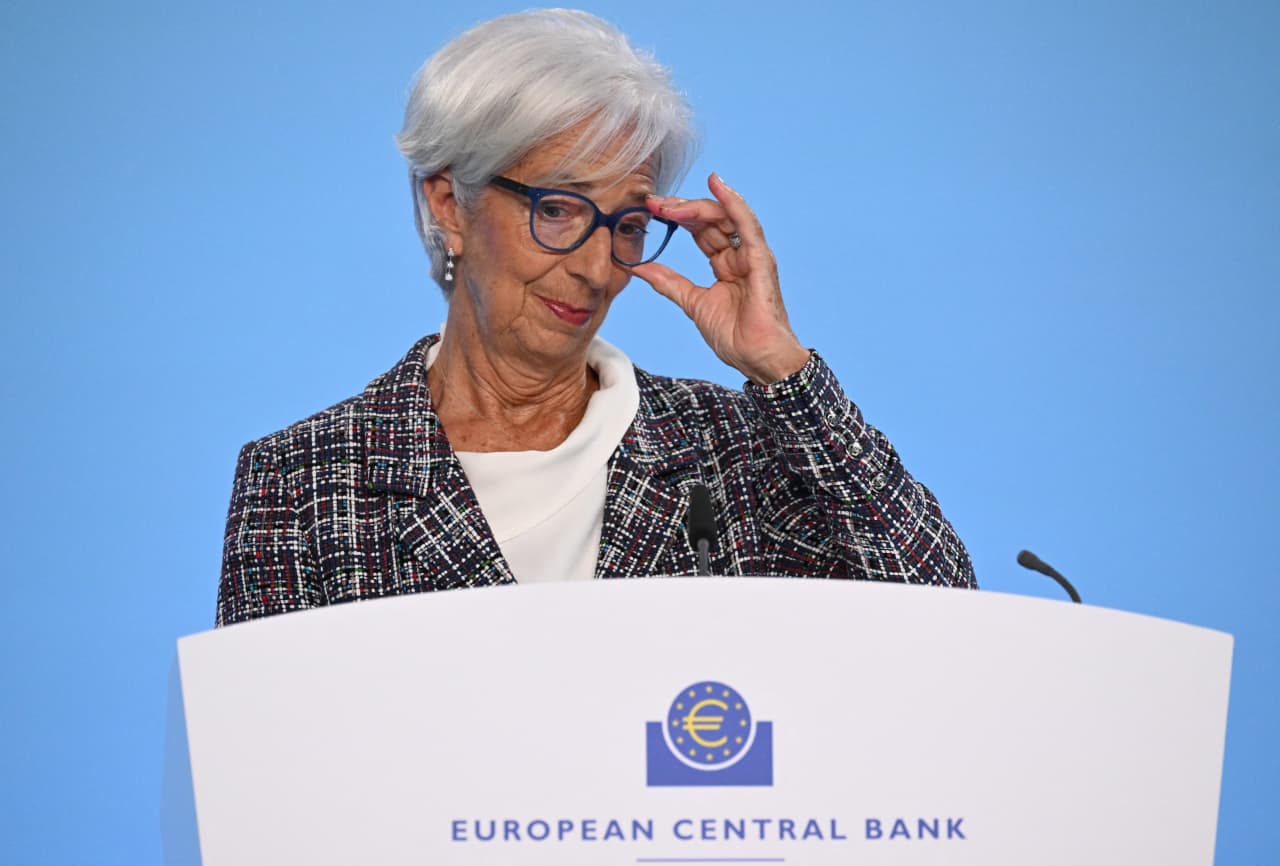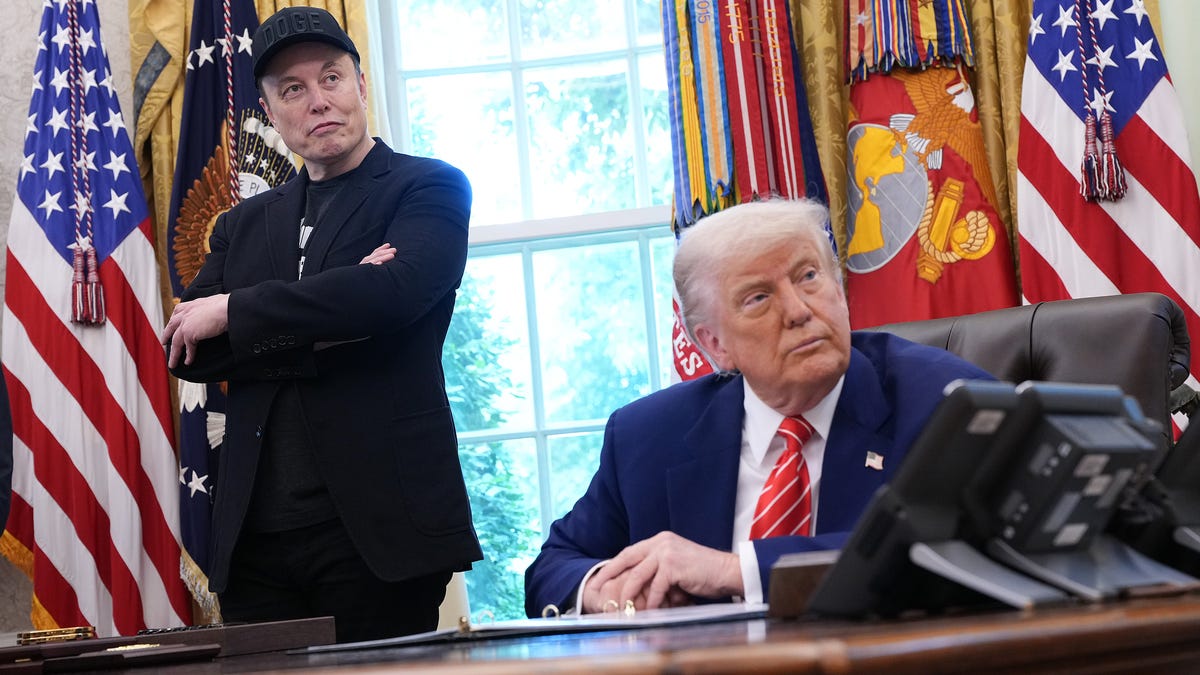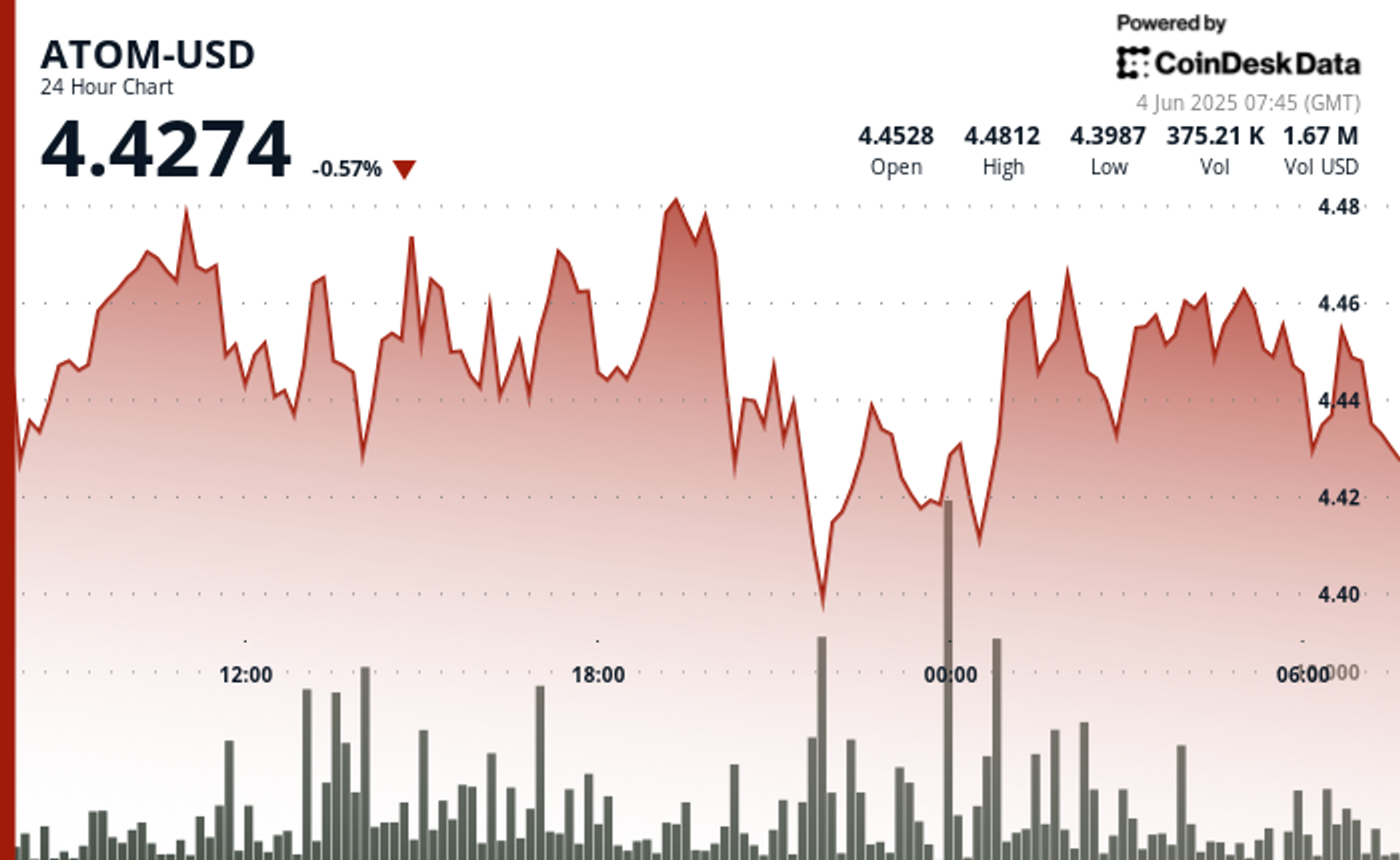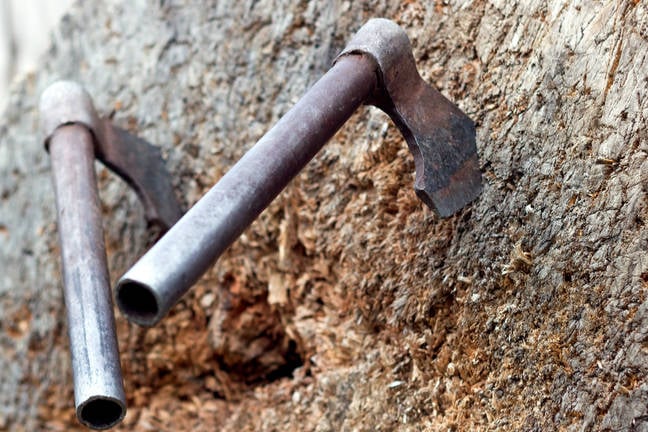The transformation of women’s sports in Saudi Arabia is no mirage. Just ask the women
Women were barred from stadiums prior to 2018. Today, there’s a premier women’s soccer league with global sponsorships.

Last August, Dunya Abutaleb nearly won a bronze medal in Taekwondo at the summer olympics in Paris. But before stepping onto the mats there, she had already won a major victory: The 27-year-old was the first Saudi woman to earn direct qualification to the Olympics.
Abutaleb’s achievement was also a win for Saudi Arabia’s Vision 2030 initiative, which set out to transform women’s sports as part of a broader mission to increase economic and cultural diversification while moving the nation away from its reliance on oil revenue.
The change in women’s sports has been profound.
“We’re living in a golden era today,” said Adwa Al-Arifi, assistant minister for sport affairs in Saudi Arabia’s Ministry of Sport, during Fortune’s recent Most Powerful Women summit in Riyadh. “What we’re witnessing today is success.”
Nobody could accuse Al-Arifi of being unaware of Saudi Arabia’s more oppressive recent past, however. When she was growing up, women’s sports were played in secret and faced cultural and religious opposition. Only men could enjoy official sports clubs, competitions, and facilities. Al-Arifi was a pioneer in both playing women’s soccer and organizing leagues for it—meaning she encountered the cultural resistance head on.
But today, she noted, more than 70,000 girls participate in the nation’s school soccer league for girls, which launched three years ago. There’s a 10-club premier league for women that has secured global sponsorships. Its games are broadcast internationally, and players can choose whether or not to wear a hijab while competing.
That’s rapid progress considering how physical education classes for girls were only introduced in 2017, and it wasn’t until the following year that women were allowed into stadiums to watch soccer.
Today, “we’ve already exceeded a lot of countries in terms of the progress,” she said, noting Saudi Arabia is “one of the few countries in the world that applied equal pay for our athletes” regardless of gender for national teams. Men and women use the same quality of facility, as well.
What’s more, Saudi Arabia now requires every sporting federation have a female board member to drive progress in women’s sports within that federation. Al-Arifi herself made history by becoming the first female board member of the Saudi Arabian Football Federation in 2019, and she played a central role in creating its women’s football department, which went on to establish many women’s leagues.
“Our role is not to change the cultural norms,” she noted. “We respect our culture. We respect anyone’s decision. But the opportunity is there to welcome everyone to be part of this transformation.”
This story was originally featured on Fortune.com











.png)
















